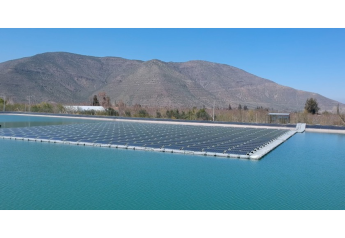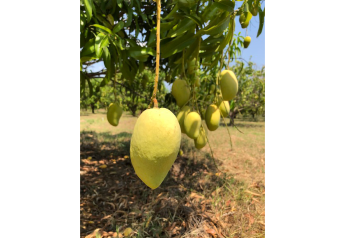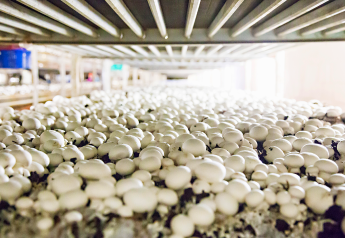Advocates offer $2.4M in grants to answer organic sector challenges

The spigot of financial investments to organic agriculture is flowing — and for good reason. While the organic industry continues to gain market share and enjoy steady growth, challenges that have troubled the sector since its inception persist.
Not only is the certified organic label competing with an increasing number of certifications touting soil health and climate-smart agriculture benefits, but organic producers are increasingly facing the effects of climate change, like drought, severe weather and invasive pests, that show now sign of slowing.
To address these challenges — strengthening the organic label and better supporting organic producers — two organic advocates are awarding $2.4 million in matching funds for organic outreach and research, according to a news release. The Organic Center, a research and education nonprofit affiliated with the Organic Trade Association, has partnered with the Foundation for Food & Agriculture Research, an organization that connects private-public funding opportunities, in awarding grant funding in 2023 and 2024 to tackle these issues.
“The value of organic research and an open channel of information exchange cannot be underestimated,” Amber Sciligo, director of The Organic Center’s science programs, said in the release. “Research, training, and technical support are the foundations of any strong agricultural system. Our continued collaboration with FFAR matches support dollar-for-dollar for selected projects that help expand information sharing and advance critical research on organic farming practices and climate change.”
The ambitious goals of the funding programs are “to support the advancement of organic farming and deepen the understanding of organic practices on productivity and climate change mitigation,” according to a news release.
Related news: Homegrown Organic Farms features new regenerative certification for organic stone fruit
The grants will be awarded over the next two years in two initiatives addressing key challenges for the organic industry: the Organic Training for Agricultural Professionals Prize and the Research Grant Program.
The partnership between FFAR and the OTA is an investment that both expands organic education and outreach projects to reach new farmers, while also supporting research that will help future organic farmers remain resilient and profitable in the face of climate, agronomic and socioeconomic challenges, LaKisha Odom, FFAR scientific program director for soil health, said in the release.
“Transitioning to organic farming requires reliable, research-based information farmers can trust to address a broad range of production, marketing and other challenges,” Odom said.
Organic Training for Agricultural Professionals Prize
The Organic Training for Agricultural Professionals Prize awards funding to up to six applicants showing the greatest success in training agronomic groups and professionals in organic practices.
The prize is also intended to recognize and empower contributions to training farming community groups, farmer leaders and agricultural professionals in organic agronomic, certification, record-keeping and profitability guidance.
Allocated funding includes $800,000 per year for a total of $1.6 million over two years.
Related news: How to entice shoppers to buy more organic
Organic Research Grant Program
The Organic Center-FFAR joint Organic Research Program awards will fund two research projects with grants up to $200,000 per project for 2023 and 2024 — a total of $400,000 annually and $800,000 over two years for projects ranging between one and three years.
The 2023 research focus is on projects that connect climate change mitigation and soil health practices to production. The 2024 research grant program will focus on organic agronomic and socioeconomic research that addresses barriers preventing farmers from transitioning to organic or continuing to farm organically.
Priority areas for research and extension projects were first identified through an outreach campaign beginning in 2019, co-organized by The Organic Center and FFAR. The gathering was attended by farmers, researchers, policymakers, industry members and nonprofits to develop a road map for research areas that would have the biggest impact on moving the organic sector forward, according to the release.







